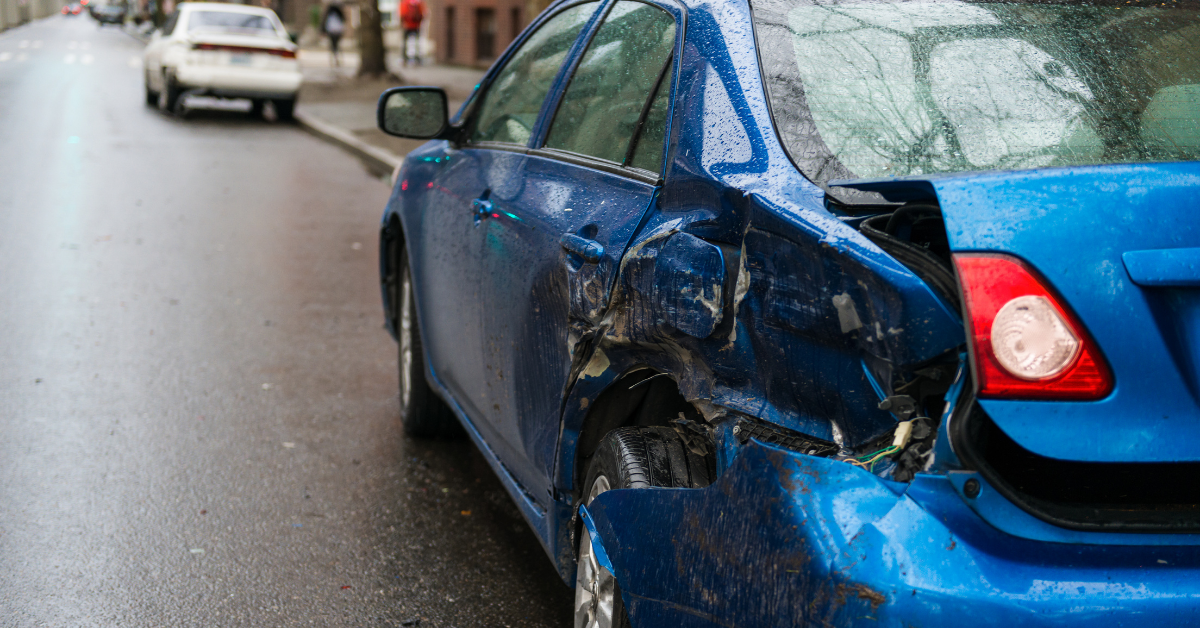The best way to protect yourself when using a rental car is to purchase a regular automobile insurance policy that explicitly extends collision and comprehensive coverage to rental cars in any state or country. If you don’t own a car and you rent on a regular basis, you might want to purchase a “nonowner” policy that will give you the same type of coverage. Unless you have an individual policy that explicitly extends coverage to rental cars, you should be cautious if you wish to avoid exposure to liability when renting a car.
Doesn’t my credit card issuer automatically insure me when I rent a car?
Many major credit card companies commonly claim to provide you with insurance coverage when you use their card to rent an automobile. However, you should read the fine print or get written verification from the company, because the coverage provided by your credit card is not always full coverage.
Some cards only offer coverage if you rent your car from a particular agency. Some limit the days for which coverage is available. Some will only provide coverage for certain types and/or classes of cars. With some cards, the coverage is not automatic and you must enroll in a program to get coverage. Some cards that advertise automatic rental insurance really only reimburse you for the deductible that you would have to pay under your regular insurance policy. Still others may provide only collision and comprehensive coverage, leaving you exposed for personal injury or property damage to others.
This is not to say that all credit cards fail to provide the coverage you need when you rent a car. It merely illustrates that you shouldn’t unknowingly rely on your credit card issuer to protect you. Carefully examine the terms of your credit card agreement, then act accordingly.
What about coverage offered by the rental agency?
The insurance packages that you purchase from a rental car agency (typically called “loss damage waivers”) may or may not provide the protection you need. In your rush to get out of the airport, you may not realize that the loss damage waiver you purchased insures the rental car against theft, but not the contents. That could be a big surprise if your laptop computer and expensive camera are stolen from the rental car along with your luggage, and the rental agency rejects your claim. (Check your homeowners insurance policy in this case–you may be covered.) Similarly, you may discover that the loss damage waiver you purchased for liability only provides limited coverage. Further, many loss damage waivers exclude certain items and/or situations from coverage.
Again, this is not to say that rental car agencies are unable to provide you with the protection you need. It is merely to illustrate that you should read the fine print, or get verification from a rental agent in writing if you have any doubts.
What if I have a regular policy, but it isn’t full coverage?
It is possible that you have insurance on your personal car, but you don’t carry collision and comprehensive, or sufficient liability coverage. It may not be necessary to call your agent and add all that additional coverage just so that you will be protected when you rent a car during your upcoming vacation. You can probably close the gaps in your coverage using loss damage waivers and coverage offered by your credit card insurer or rental car company. However, as discussed above, you need to be cautious. You want to be sure you are getting the coverage you need or expected to receive.
Other sources of coverage
If you have suffered a loss that isn’t covered under your auto policy, don’t forget to check your other insurance policies. For example, if personal property has been stolen from your rental car, it may be covered under your homeowners or renters policy. Similarly, certain medical policies may cover costs of injuries not covered under your regular automobile plan.








